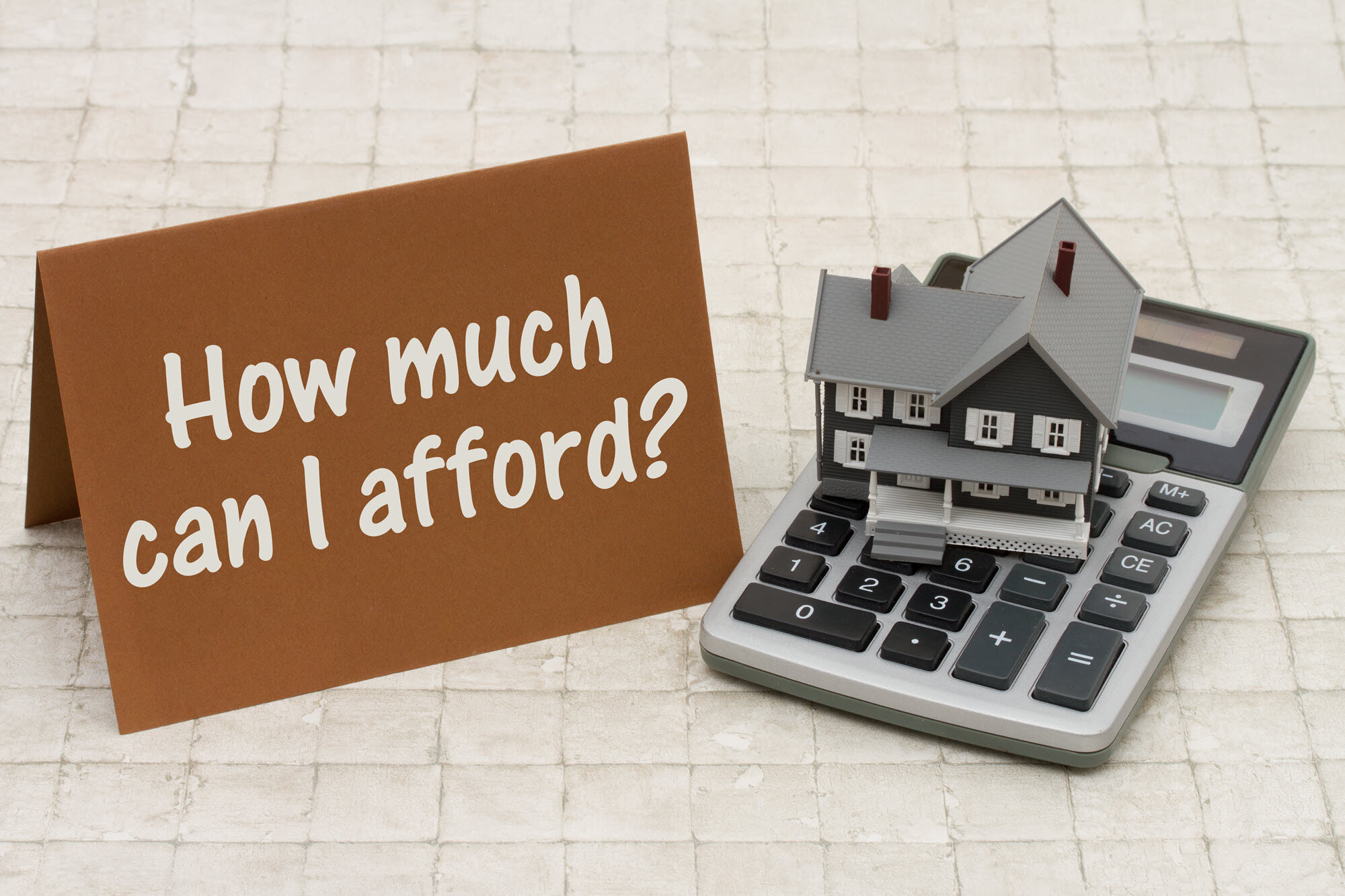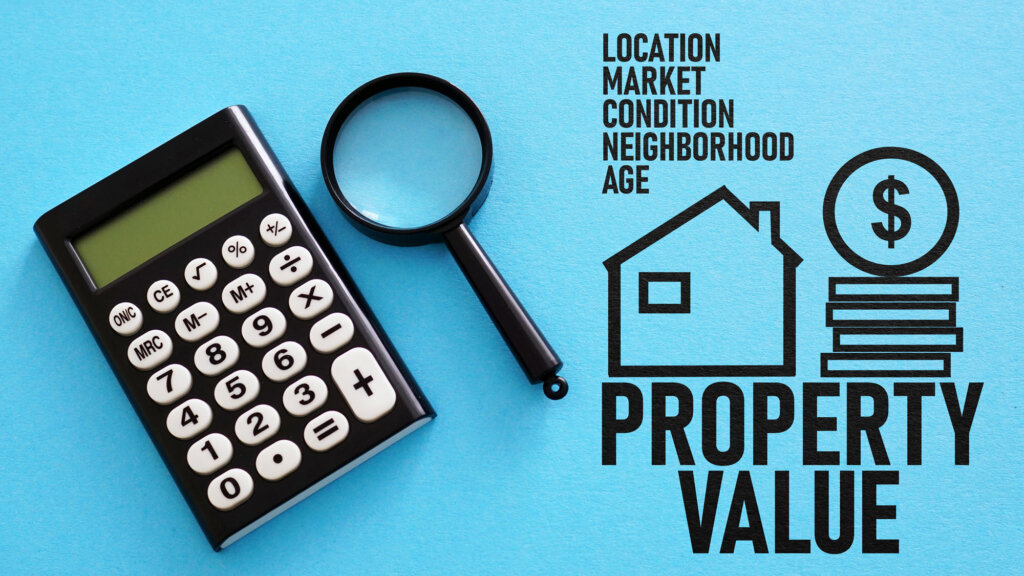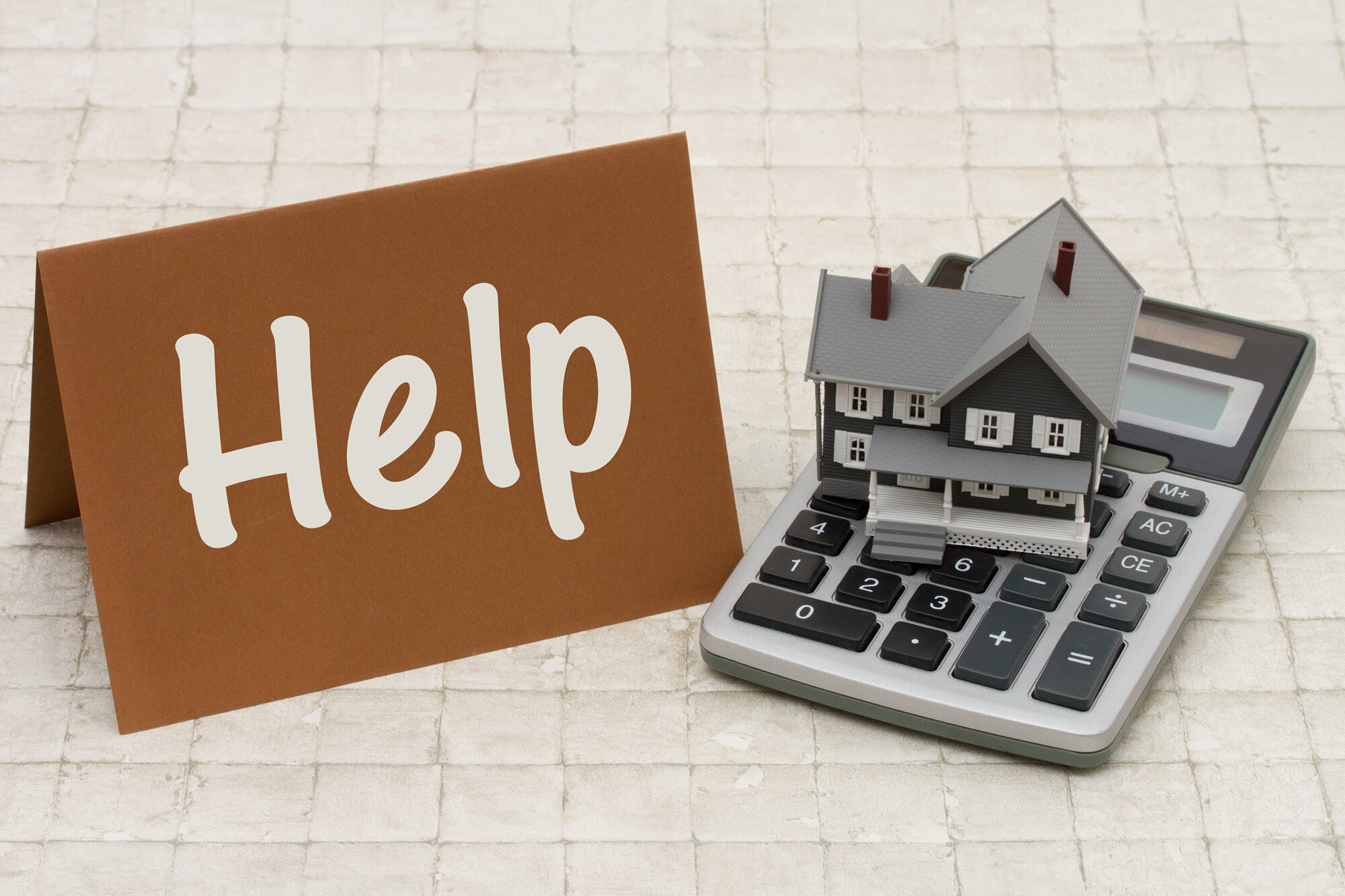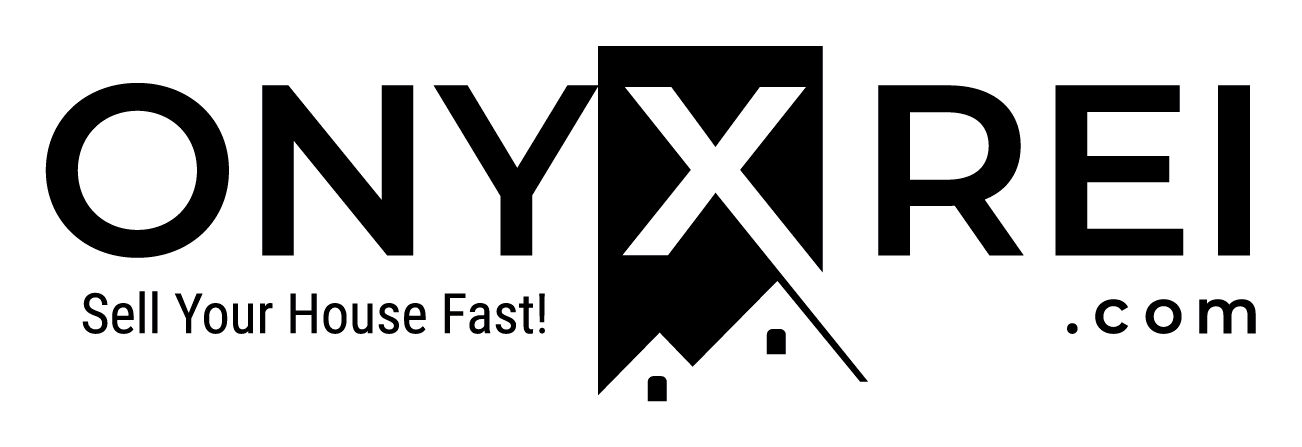When you are house shopping, your biggest concern is “how much house can I afford?” Here are things you need to know, including some tips you may not find anywhere else.

How much home you can afford is more than just the mortgage payment. You have taxes, insurance, utilities, maintenance and maybe repairs. If you buy a house with a Home Owners Association (HOA), you have dues and additional costs associated with the HOA.
THE MONEY
Most people think buying a house comes down to the money. How much can you afford as a monthly mortgage payment? Yes, it is about how much you can afford, but the mortgage payment is only part of the total cost of owning a home.
Your mortgage payment is based on how much money you borrow plus the interest rate you pay. This is the base payment. The base payment does not include insurance and taxes. Insurance and taxes can add hundreds to thousands to a monthly mortgage payment.
You can buy points to lower your payment. This is a one-time expense. You can lower the amount borrowed by increasing your down-payment.
The finance website Nerd Wallet says your mortgage should not be more than 28% of your annual income.
Here is a free mortgage calculator to figure a monthly payment.
Important! This mortgage calculator only figures a mortgage payment based on interest. It does not include taxes and insurance, which are also rolled into a monthly mortgage payment by most lenders. It does not cover points, down payments, mortgage insurance, fees and other closing costs either. If you wonder how much house can I afford, you need to include these costs as well. Some of these are one-time fees and some, like mortgage insurance, come off after a while.
Interest Rates
A major part of your mortgage payment is the interest rate. A 2% rate hike has more effect on a monthly payment than you might expect.
This example uses an $80,000 loan amount:
- 4% interest – $318 per month
- 6% interest – $479 per month
- 8% interest – $587 per month
Mortgage interest rates go up and down daily based on market forces. Big shifts of 1 percent or more are the result of something like the Federal Reserve (The Fed) changing interest rates for banks.
Credit Score
A critical part of your interest rate, which helps determine how much house can I buy, is your credit score.
In short, the higher your credit score, the lower your interest rate will be. A low credit score means you will have a high interest rate, if you can get a loan at all.
Equifax, one of the big three credit reporting agencies, has a report on how to improve your credit score.
Owner Financing
Sometimes you can get owner financing. This does not mean it will be cheaper than getting a commercial loan. You might pay more, less or the same. If you have bad credit, owner financing may be the only way you can buy a house.
If you make your payments on schedule, make sure the owner reports that to the credit agencies. This will help your credit score.
EXTRAS WHEN BUYING A HOUSE
Your mortgage may come with some unannounced extras. Your lender must tell you the interest rate and how much your monthly payment is. Depending on the state, the lender might not tell you about these extras. These extras play a role in how much house you can afford.
Taxes
Property taxes are usually rolled into your mortgage payment. You pay about 1/12 of your annual tax bill each month to the mortgage company. The money is held in escrow. Your mortgage company then pays your property tax bill on your behalf.
Except in some highly specific cases, you will pay property taxes. Here in Virginia, property tax breaks are offered to senior citizens and disabled people. You must apply for these breaks through the local Commissioner of Revenue’s office.
Virginia property tax rates vary by location. Each county can set its own tax rate. Also, each city can set a property tax rate. So if you buy a house in a city, you will have City and County taxes.
The dollar amount of taxes is different for every home because the value of every home is different. Property taxes are based on the home’s value, less any discounts the owner may receive. Your tax bill could be higher or lower than your next-door neighbor’s bill.
Insurance
If you have a mortgage, you must have homeowner’s insurance. This is one of the few areas where you can actually change how much you pay. Shop around to find the best deal on insurance.
You can adjust the deductible to lower the premium. You can exclude certain things from coverage to lower the premium.
Many times the insurance is rolled into the mortgage payment just like taxes.
If you do not have an insurance policy, your mortgage company will buy insurance on your behalf. It will be more expensive than an insurance policy you get on your own.
HOA
If you buy a house in an area with Home Owners Association, you have annual dues to pay. HOA dues range from $100 or so a year to thousands per year, depending on the HOA setup. Also, HOAs may have special assessments from time to time. There is no way to tell what special assessments may get charged in the future.
HOAs can also fine property owners for violating HOA rules. If you do not pay these fines, the HOA can foreclose and take your home, depending on the HOA rules.
If the property is already in an HOA, you cannot remove it from that HOA unless the association is dissolved or the HOA board agrees to let you out.
An HOA cannot force you to join if the property is not already covered. Before agreeing to join an HOA, do research into what the HOA can and cannot do. Talk to HOA members.
Closing costs
Closing costs are things like a Realtor’s commission, loan fees, attorney fees, title insurance and others. Sometimes you can roll this into your mortgage, which will increase your monthly payment. You can pay these costs when you sign the mortgage paperwork.
Closing costs are usually set and you cannot change them. You can get the amount ahead of time by asking the lender.
LOCATION MATTERS WHEN BUYING A HOUSE
In real estate, location matters and that drives prices. One of the best examples of this is found in Detroit on Eight Mile Road. Historically one side of this road was urban poor and the other was urban wealthy. One road separated million- dollar homes from homes that cost a fraction of that.

Since location matters when buying a house, what makes a good neighborhood? What drives the price of a home up? Here are a few top things to look for that drive a home value up.
- Access to good schools.
- Access to good roads.
- Access to quality-of-life items like entertainment, fine dining and things to do in the evening and on the weekends.
- Access to work. In other words, how long is the commute?
- Recreation & water. Homes on golf courses and close to water command premium prices because of the recreation value and limited availability.
Here are a few of the neighborhood things that drive a home price down.
- Commercial & industrial zoning and areas.
- Near a railroad, airport or freeway. Think a lot of noise all the time.
- High crime
- Economically depressed
- Close to hazards. Homes near a landfill or major power stations do not command premium prices.
Point to ponder – People still buy and live in homes in some of the less desirable neighborhoods because they can afford the house. When you look at “how much house can I afford” you may have to accept some neighborhood negatives. Fortunately, you can build equity in the house, sell it and move.
How Much House Can I Afford? Well How Big is the House?
The house and property matter a lot. Homes on the same block will have different prices based on the size, condition and amenities. When you are looking at how much house I can afford, you must add these often hidden costs to your monthly housing budget.
Space
How much space do you need? A better question is, how much space can you live with? Everything else equally, more space means more money.
If you are just starting out, no children or pets, you can get a small home. Build up some equity and then sell the small home and buy a larger one. Just like you, someone out there is looking for a small starter house.
Home size also affects your power bill. It costs less to heat and cool and small home v. a large one. You can ask for past utility bills to see how much it costs the seller each month.
Yard size also matters a lot. Young people who want children, people with pets and people who like to garden may want some elbow room. Older people with no interest in that kind of thing may want a smaller yard because it reduces the annual maintenance cost.
If size is the only difference, a bigger house will cost more just because it has more space. However, size is hardly ever the only difference between homes.
Amenities
Look at two identical houses side by side. One has an in-ground pool and one does not. The home with the pool will cost more. While pools look great and may be wonderful during the summer, they are also high maintenance.
Your mortgage will not include the cost of running the pool. Chemicals to keep the water clear are expensive. The pump and cleaner both use electricity which drive up that bill. You also have to add water to the pool periodically. Some water companies will let you install a pool meter so you do not pay a sewer fee for that water. Some water companies charge extra on your bill if you have a pool. You can ask what the water bill runs each month.
An often overlooked item that is both positive and negative is landscaping. Good landscaping adds to a home’s sale price, but it comes with a hidden cost.
Fruit and nut trees and bushes (fresh blueberries, mmm) provide a welcome treat and often come with little maintenance expense. Sometimes, these trees may shed a lot of leaves, leaves you have to deal with.
Beautiful flowers and elegant shrubs may look amazing and bring a house price up, but they require a lot of regular work. If you enjoy working in flower beds, this may not matter. If you do not have a green thumb and do not want one, you have to hire someone to maintain the appearance.
Repairs
A “fixer-upper” will cost less than a house in excellent shape. Before you buy a fixer-upper because the price is low, you must decide the following:
1) Can I live in the house as it is?
2) How much of the needed work can I do?
3) How much of the work must be done by someone else?
4) How much will the repair materials cost?
If the answer to No. 1 is yes, then you have to set a work schedule and budget. Problems with a house do not go away; they get worse with time if not addressed. Matters like faded paint on the inside are minor and can be put off for a long time. Peeling paint on the outside cannot be postponed. The pain is a protective shell on the house. Without that shell, the wood will deteriorate.
The local building department can tell you if the house meets current construction codes. The inspector may be able to tell you if the house is fit or human occupancy, but only you know if you can live there.
You may want to have a home inspector look the house over before you decide to buy the house.
How Much House Can I Buy? Well, Are You Going to Build?
What about building a house? When everything is done, you own a house, but the process is different.
Two Loans
You will probably have two different loans. The first loan is the construction loan. Your builder will draw against this loan as construction benchmarks are reached. When the home is completed, the construction loan will convert into a standard mortgage. You will have to pay loan fees each time.
Land
Before you build, you have to have land to build on. You may need a loan to buy the land or that cost could be rolled into the overall mortgage. That depends on your arrangements with the lender.
Land can be improved or unimproved. Improved land is cleared and has at least the beginnings of utility connections. Unimproved has no utility connections, but utilities may be close by. It may also be covered with vegetation. Clearing land for development is an additional expense. Unimproved land is usually cheaper than improved land.
Plans
You need home construction plans. Architects are not cheap. If you want a custom home unique to you, keep that in mind. Off-the-shelf home plans are much cheaper. You can often get home plans from your builder.
Permits
If you hire a company to build your house, that company will get all the necessary permits. If the company tells you to get permits, find a different company.
GET HELP WHEN BUYING A HOUSE

If you wonder “how much house can I afford?” get help. People, like me, who deal in real estate regularly can guide you through some of the steps.
A real estate agent can help, but their help comes with a commission, usually paid by the seller. Sometimes the commission is split between buyer and seller.
If you are looking to buy a house, let me know. I might be able to get you more house than you expect for less than you expect.
